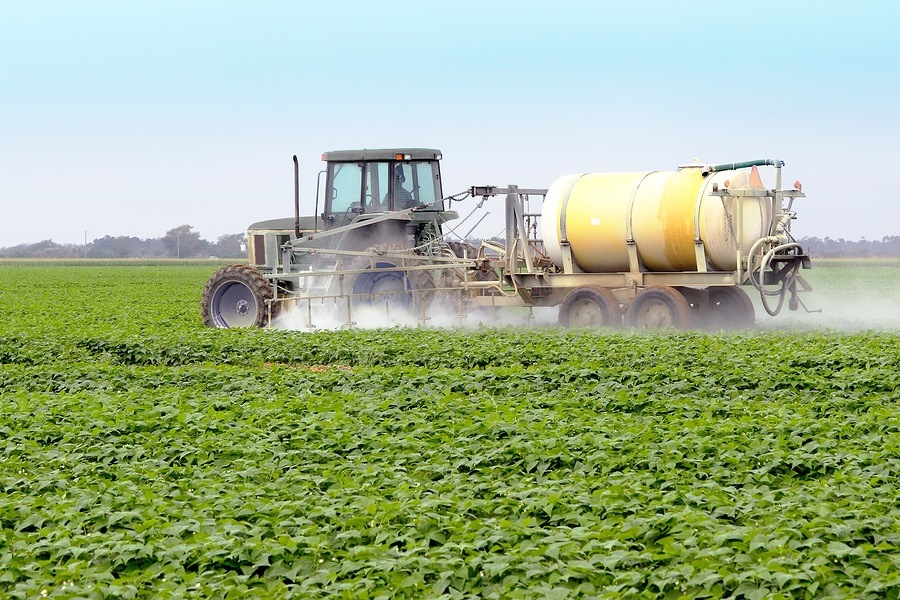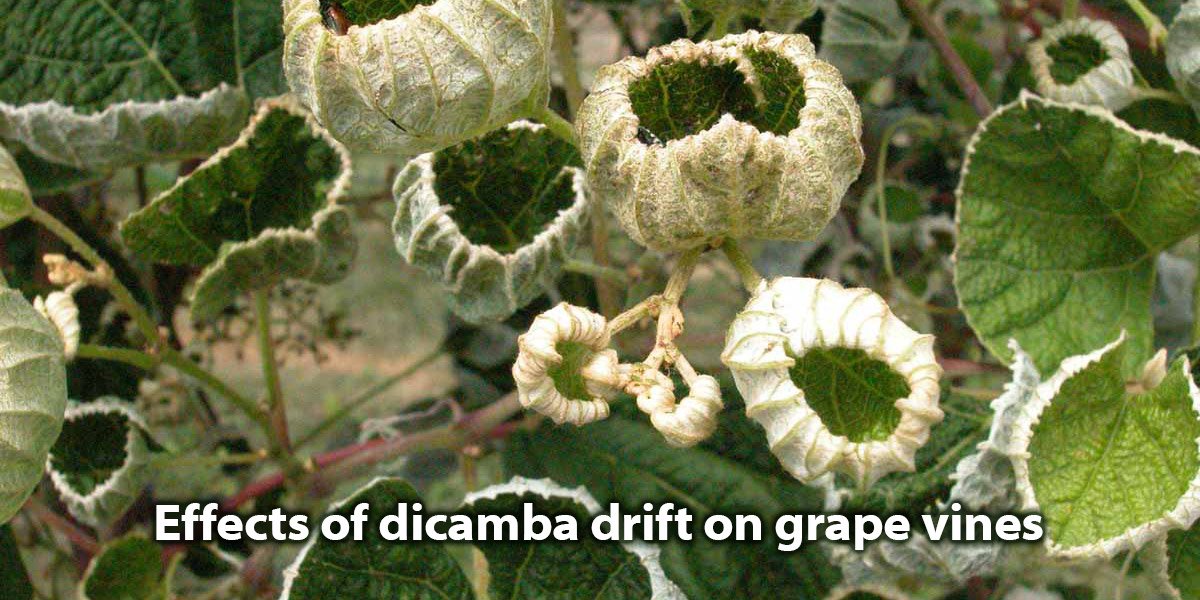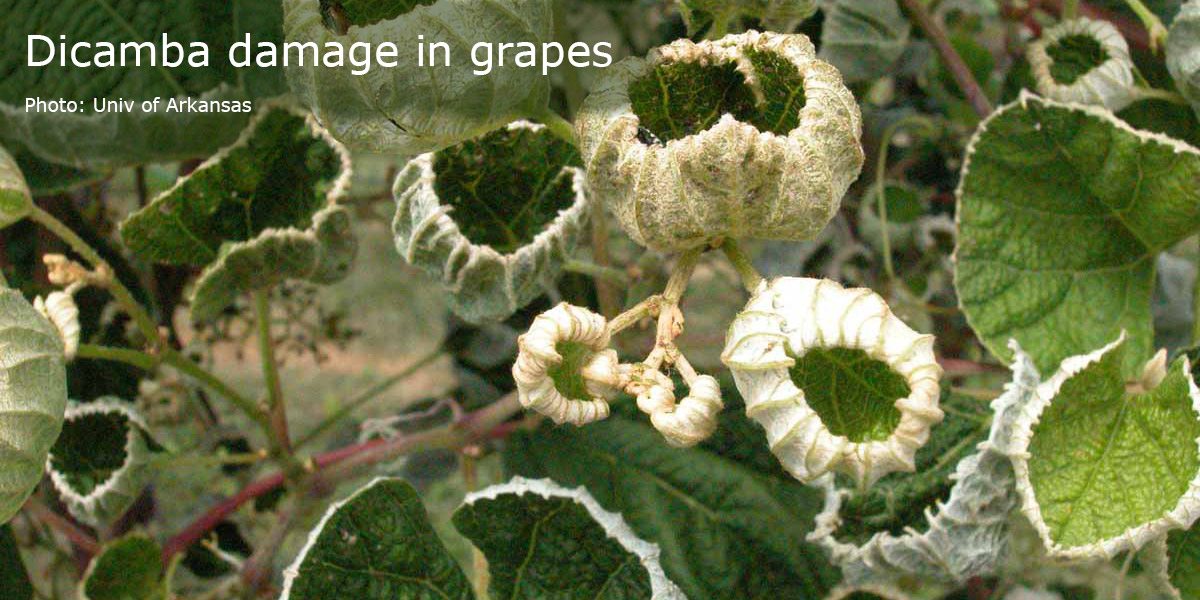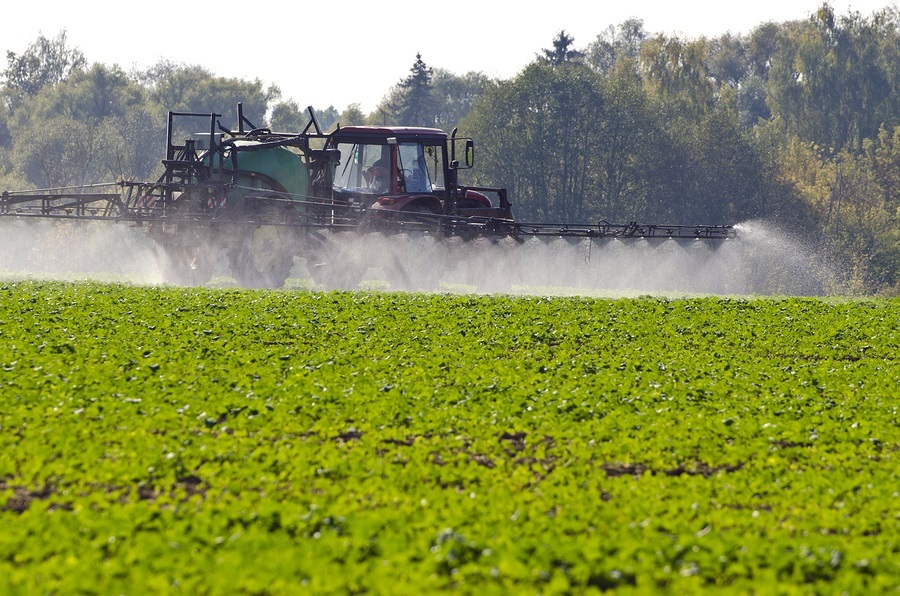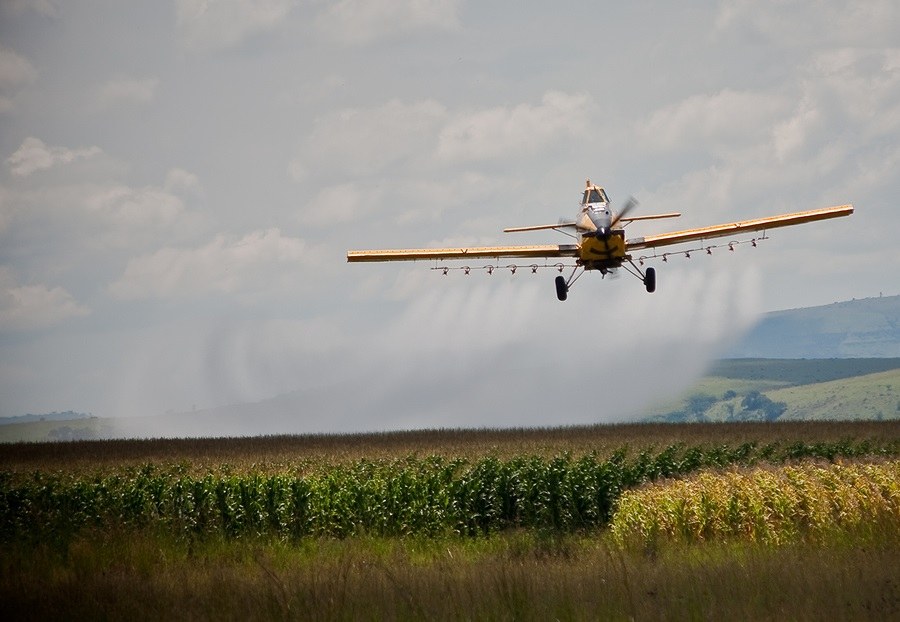Thousands of Farmers to Join Lawsuit Against Monsanto/Bayer and BASF Over Weedkiller Dicamba
Thousands of farmers from multiple states are expected to join mass tort litigation pending in federal court over claims that weed-killing products developed by the former Monsanto Co. and other chemical companies are destroying and contaminating crops, including organic production, a group of lawyers and farmers said on Wednesday. The number of farmers seeking legal representation to file suit against Monsanto and BASF has surged over the last week and a half after a staggering $265 million jury award to a Missouri peach farmer who alleged the two companies were to blame for the loss of his livelihood, according to Joseph Peiffer of the Peiffer Wolf Carr & Kane law firm. Peiffer said more than 2,000 farmers are likely to become plaintiffs.





